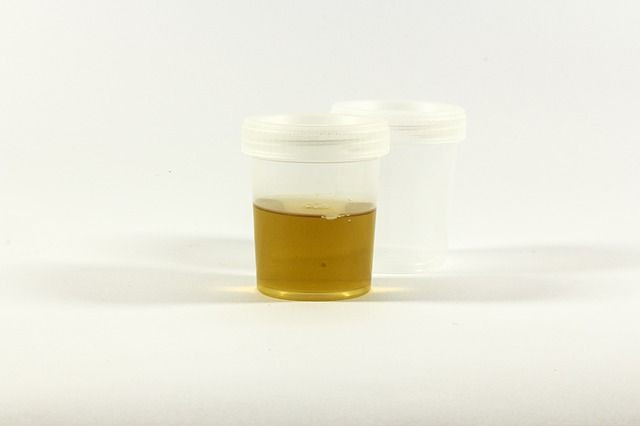Cervical Cancer Urine Tests: Identifying Female Cancer Without Biopsy Could Save Lives And Money

Most of us associate urine tests with STD screening or drug exams, but soon the simple non-invasive prodecure may help save your life. In a recent study, scientists from Johns Hopkins Medicine reported they developed a urine test that can predict the likely emergence of cervical cancer using genetic markers. If effective, the test could make early detection even easier, preventing the disease from progressing to untreatable stages.
Researchers have developed a way to extract cell samples straight from the cervix via urine, and then analyze these cells for precancerous genetic markers, with an accuracy rate of 90.9 percent. To do this, the test analyzes CIN2 lesions — cervical lesions with abnormal cells likely to develop into metastatic cancer. This test is different from current cervical cancer tests because, in addition to looking at precancerous changes to human DNA, it also analyzes DNA from HPV, the infection which causes cervical cancer. In addition, it would be far less invasive than normal testing procedures.
"If further studies confirm these findings, we see a significant use of urine screening as a way to quickly and inexpensively determine if a biopsy is warranted, or if physicians can use a 'watch and wait' approach before intervening," senior investigator Rafael Guerrero-Preston said in a recent statement.
According to the American Cancer Society, cervical cancer was once the most common cause of cancer death of American women, but thanks to the increased used of the Pap test, cervical cancer rates have gone down by more than 50 percent. However, the testing process to confirm cervical cancer is still complicated. For example, if a woman tests positive for HPV and has an abnormal Pap smear, she will need to undergo a biopsy to rule out cervical cancer. Many times these biopsies are not needed, and cause unnecessary pain, patient concern, and medical costs. A urine test would work alongside a pap smear to prevent these issues.
Source: Guerrero-Preston R, Valle BL, Jedlicka A, et al. Molecular Triage of Premalignant Lesions in Liquid-Based Cervical Cytology and Circulating Cell-Free DNA from Urine, Using a Panel of Methylated Human Papilloma Virus and Host Genes. Cancer Prevention Research . 2016
Read More:
Cervical Health Awareness Month: Everything You Need To Know About Preventing And Treating Cervical Cancer: Read Here
What Is HPV Cancer? Six Types Of Cancer Caused By Human Papillomavirus: Read Here



























